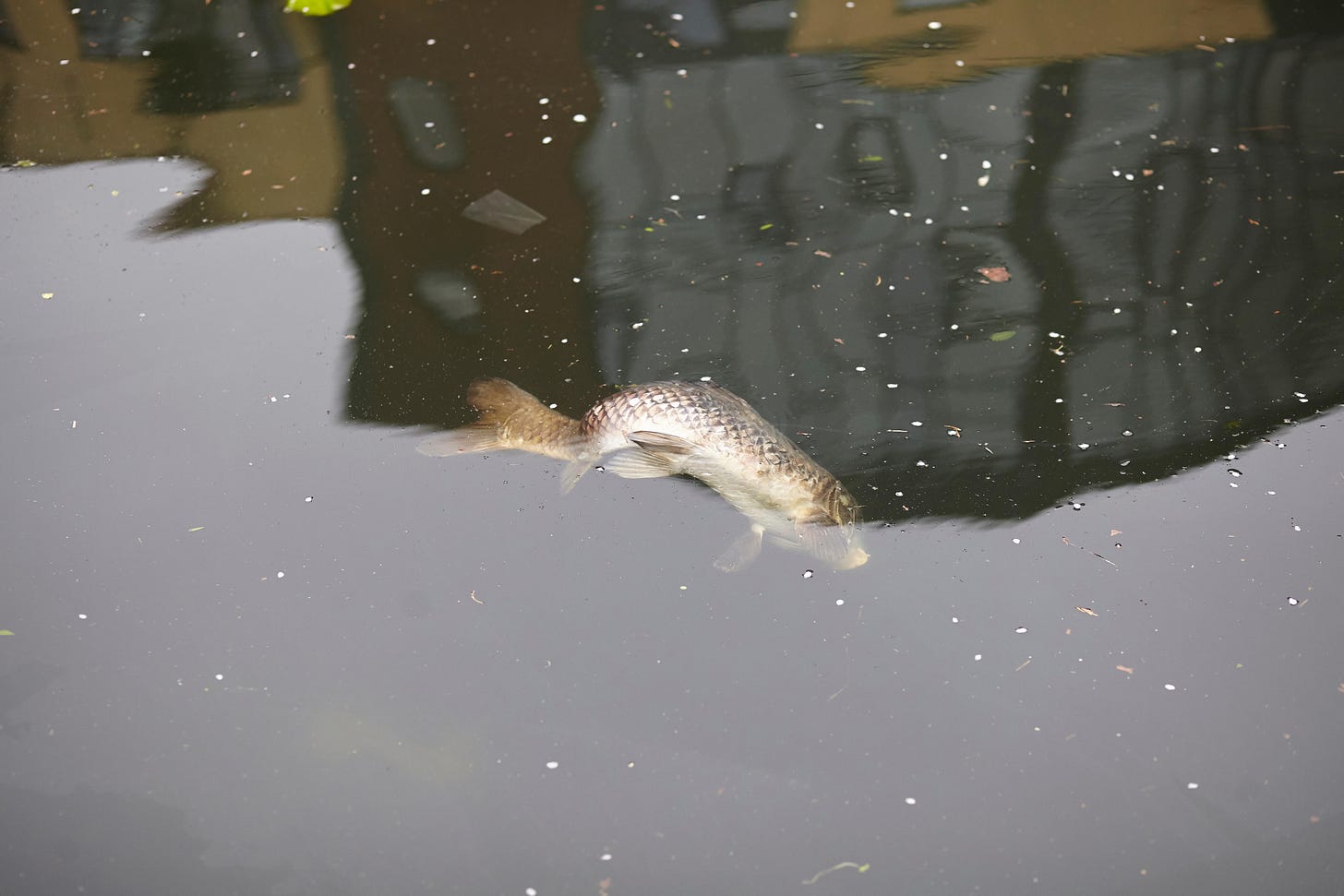
The careful investigation into the water industry from Sir Jon Cunliffe could be summarised in one word: Thames. Whatever the sins and shortcomings of the rest of the industry, only Thames Water is on the brink of collapse.
The next least-worst miscreant, Southern, is in the process of rescuing itself, helped – ironically enough – by Macquarie, the Aussie bank that set Thames on the path to perdition.
As so often in this emotion-inducing industry, the biggest howls of rage are reserved for secondary things that users of the product can most easily understand. Send cheating chief executives to jail! Force them to get along without bonuses! Stop dividends to fat-cat investors! Raise the fines for pollution! Unfortunately, executives with the talent to run big companies are rare and thus expensive. Identifying such people is hard; the talent is not going to take on the Thames task under a variant of “beatings will continue until morale improves”.
The politicians know this, but dare not admit it. They also know that straight nationalisation would essentially bust the public finances with a further £100bn of debt – and the record of nationalised industries in the UK is hardly glittering. This is why Steve Reed, the environment secretary into whose lap this effluent has dropped, was keen to focus on the sparkling far future.
He has a stroke of luck, here, pointing to the regulatory shambles today. The combination of water regulator Ofwat, the Environment Agency, the Drinking Water Inspectorate and Natural England could have been designed for bureaucratic buck-passing. One super-agency will at least concentrate responsibility.
For a financial perspective, consider the stock market reaction to the Cunliffe report. Prices of the two largest listed water companies, United Utilities and Severn Trent, rose marginally. Less than a minor squall on their (depleted) reservoirs, then.
So we come back to Thames Water. Reed has got to say that the company will not be let off the fines that are (and will be) due for failure to hit pollution targets, but he knows that if forced to pay them, the company will have that much less to spend on avoiding them in future.
The answer to all this is the same as it has been ever since the crisis began. Not nationalisation, but special administration, a temporary financial state which could have been designed for Thames.
Since the company is so obviously in gross breach of its operating licence, Reed is entitled to step in and temporarily take over the business. The holders of Thames’s ocean of debt would have to wait, and should expect to endure some financial water-boarding before they know their fate.The key word here is “temporarily”. The government should pledge to return Thames to the public markets with (moderate) new debt as soon as practicable, with the proceeds divided between the bondholders. The net effect on the public finances is essentially zero.
The bondholders’ lawyers will howl, and claim that administration somehow makes London a riskier place for lenders. This is so much effluent. If New Thames looks like a good risk, the lenders will rush in. After all, they did so enthusiastically when the old business was already struggling under the weight of its borrowings, a decade ago. Some might say that a nasty capital loss serves them right.
